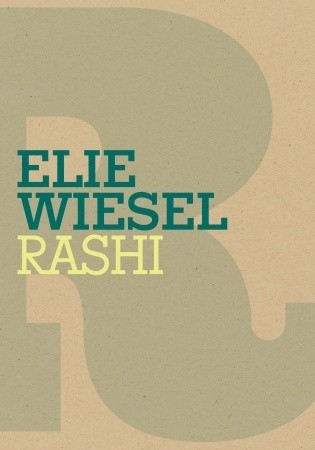What do you think?
Rate this book


107 pages, Hardcover
First published January 1, 2009
Why Rashi?
And why me?
We have no idea how he managed to feed so many people, but apparently he did. More precisely: there is no evidence in any source of anyone complaining.